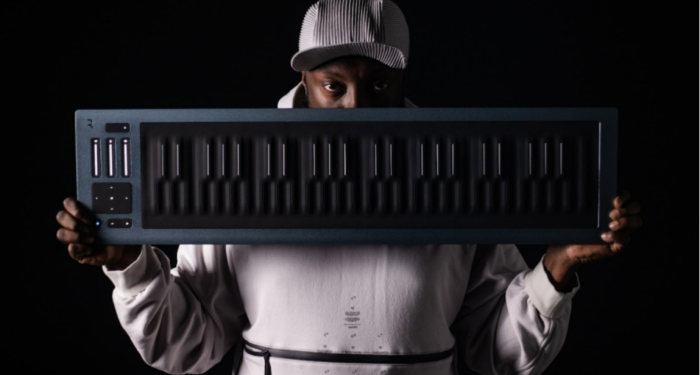Peter Thiel and Elon Musk, Silicon Valley tech titans known for their controversial yet influential comments, are aiming for maximum impact this month.
Thiel, the PayPal co-founder and libertarian tech investor, was talking about a revolution, at the Bitcoin 2022 conference in Miami on Thursday.
In front of a cheering crowd, he dismissed revered investor Warren Buffett as a “sociopathic grandpa from Omaha”, reports Richard Waters. He also cast Jamie Dimon, chief executive of JPMorgan Chase, and Larry Fink, head of BlackRock, as part of a “finance gerontocracy” that was looking to lock cryptocurrencies out of the mainstream.
Bitcoin was part of a “revolutionary youth movement” that was out to overturn traditional finance, threatening the power and wealth of the establishment, he said.
Crypto has certainly divided opinion as the financial world and regulators try to get to grips with its rapid adoption. It is also causing ructions in the tech world as it forms the basis of the Web3 movement, where a blockchain-based technology platform is seen as becoming the foundation for a new class of applications.
Richard’s Inside Business column this week says that few developers are working on Web3 applications — and it is hard to discern mainstream uses for this technology. The main applications — non-fungible tokens (NFTs) and decentralised finance — are founded almost entirely on financial speculation and regulatory arbitrage.
Idealism about it empowering users is likely to fade if there are no tangible results, other than the chance for rampant financial speculation and meme-making that will enrich a minority.
Elon Musk is also a cryptocurrency enthusiast, but it is his social media presence and plans for Twitter that are of current concern, not least to the company’s own employees. As a result of internal rumblings about him becoming its largest shareholder and a board member this week, Twitter plans to host Musk for an “ask me anything” session with employees, reports The Washington Post.
In recent days, anxious workers have expressed worries that Musk could inflict damage on the company’s culture, as well as making it harder for people to do their jobs.
In the view of the FT editorial board, the fact that one of the loudest and most controversial voices in Twitter’s “town square” is now in a position to help control it should be of equal concern at the Securities and Exchange Commission, and more widely.
The Internet of (Five) Things
1. Microsoft disrupts Russian cyber attacks
Microsoft said it had uncovered attempts by a Russian state-backed hacking group to hack into US and EU government institutions to conduct cyber espionage in support of Russia’s ground invasion of Ukraine. In a blog post, Microsoft said it had disrupted cyber attacks, which it attributed to Strontium, a group linked to Russia’s military intelligence.
2. Buyers stalk TalkTalk
TalkTalk has asked investment bank Lazard to review its options after several groups, including Vodafone, approached the UK broadband company about potential deals, according to people briefed on the matter.
3. Toshiba to consider take-private bids
The Japanese company will set up a special committee to assess potential bids from private equity and other investors, opening the door for a landmark deal to take one of the country’s biggest industrial names private.
4. Discovery adds impetus for push into ‘new physics’
The scientific search to explain the structure of the universe has been given new impetus by the discovery that the subatomic W boson particle is heavier than existing theory would permit. Science Editor Clive Cookson explains.
5. Twitter’s edit button will not rewrite your life
Usually, editing is a good idea, writes Emma Jacobs. However, Twitter’s virtue is that it is a forum for quick debate. Introducing edits, as suggested by Elon Musk, would only make this a ponderous affair, she says.
Tech tools — ROLI Seaboard RISE 2
ROLI appears to be a phoenix that can RISE from the flames, with the musical instrument reinventor releasing the Seaboard RISE 2 keyboard (pictured here with musician will.i.am), following its reorganisation after collapsing into administration last year.
As the number suggests, this is a revamped version of its 2015 keyboard, which the company says “reimagined the piano as a touch-responsive, keyboard shaped, silicone surface. It allowed digital musicians — for the first time ever — to express themselves with natural gestures previously reserved for acoustic instruments”.
Improvements include a new Keywave2 playing surface that is more precise and intuitive, a more powerful software suite, and a more durable, platinum blue aluminium chassis. Engadget has a review and the keyboard will be available later this year in limited quantities, with pre-orders on its website now for $1,399 (£1,099, €1,299).











